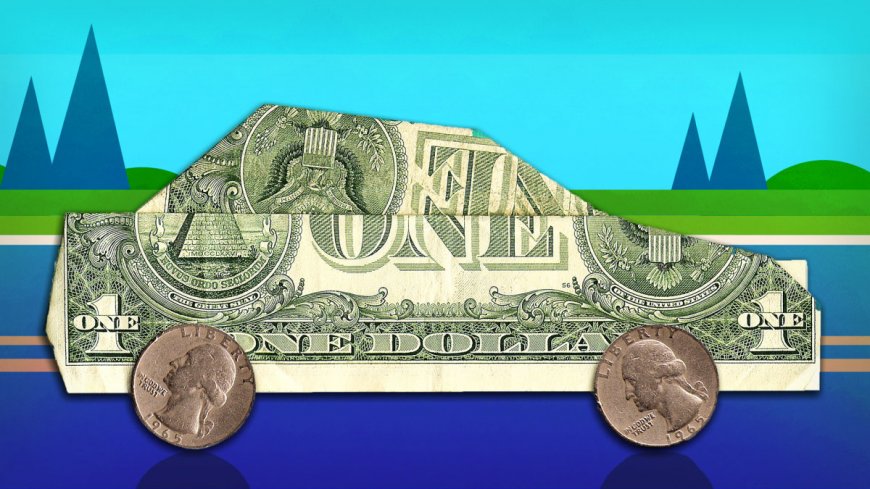Here's what higher interest rates mean for you and the economy
The main effect on the economy is that the drag on growth will last longer, says Goldman Sachs.

The Federal Reserve has indicated it will keep interest rates higher for longer. So what does that mean for the economy, and what does it mean for you?
Related: JPMorgan's Jamie Dimon says U.S. not prepared for worst-case scenario for interest rates
The Fed has pushed up the federal funds rate 5.25 percentage points since March 2022 to the current target range of 5.25%-5.5%. And some economists and investors say the central bank will raise rates once more this year before reversing to rate cuts next year.
Here’s what Goldman Sachs economists think about the economic effects of Fed policy.
“The main implication of the tightening in financial conditions led by rising rates is that the drag on GDP growth will last longer,” Goldman economists wrote in a commentary.
“We now estimate a roughly [0.5] percentage point hit to growth over the next year, meaningful but too small to threaten recession.” GDP grew an annualized 2.1% in the second quarter.
‘Other Risks’ of higher rates
“The move to a higher rate regime poses other risks too,” Goldman said. “Last cycle [2001-2007], the belief that real rates would remain close to zero helped rationalize a few major economic trends,” Goldman said.
Those include: “elevated valuations of risky assets in financial markets, the surprising survival of unprofitable firms in the corporate sector, and wide federal deficits.”
The economists looked at the consequences if these trends begin to unwind.
“In financial markets, the key risk is that valuation measures that are benchmarked to interest rates are now higher for some assets, most importantly stocks,” they said.
“In the corporate sector, investors might hesitate to continue financing unprofitable companies that they hope will pay off well down the road.”
Workers on the Chopping Block
That could mean “these companies close or cut labor costs more aggressively, as they have tended to do when hit with interest-rate shocks in the past,” the economists said.
As for the government, "projections of … the federal debt-to-GDP ratio look much worse than just a couple of years ago,” the economists said.
They don’t think Congress will agree to cut the deficit anytime soon. But if it does, GDP growth could slip 0.5 percentage point annually for a “number of years.”
To be sure, “while these risks are significant, they are probably not large enough individually to trigger a recession,” the economists said. And if they are, “the Fed would likely deliver rate cuts that would offset much of the impact.”
Turning to your own situation, higher interest rates for longer means higher rates on your mortgage, auto, credit-card and bank loans.
But it also means higher rates for your savings accounts, money-market funds, certificates of deposit and bonds.
Get exclusive access to portfolio managers and their proven investing strategies with Real Money Pro. Get started now.
What's Your Reaction?



























































